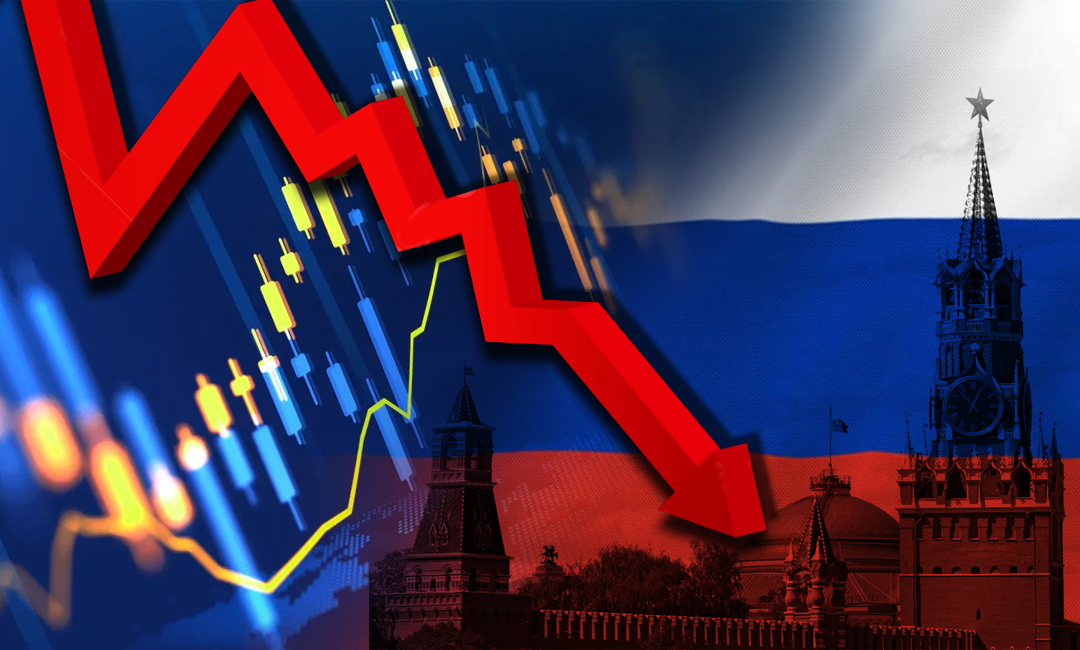ISW: Kremlin Using Nuclear Threats, Economic Leverage to Push U.S. Toward Talks

Russia is intensifying its use of nuclear rhetoric and economic offers to push the United States toward normalizing bilateral ties, even as it dismisses the possibility of peace talks with Ukraine.
The Gaze reports this, referring to a new assessment by the Institute for the Study of War (ISW).
In its report, ISW highlighted comments by Russian Deputy Foreign Minister Sergei Ryabkov, who on October 1 insisted that a third round of U.S.–Russia negotiations on “outstanding issues” must take place before the end of autumn.
Ryabkov added that the Kremlin is awaiting a formal response from U.S. President Donald Trump to President Vladimir Putin’s proposal to extend the New START Treaty for one year. The treaty, which limits strategic nuclear arsenals, is set to expire on February 5, 2026.
Russia reportedly framed the decision for Washington as a stark choice: either seek “stabilization” in relations with Moscow or risk entering “a new arms race.”
ISW analysts argue that Moscow’s broader strategy is twofold: to extract economic and political concessions from the U.S. through limited engagement, while simultaneously prolonging the war in Ukraine to gain further leverage on the battlefield.
The New START Treaty, signed in 2010 by then-presidents Barack Obama and Dmitry Medvedev, commits both sides to capping their strategic nuclear arsenals at 700 deployed intercontinental ballistic missiles (ICBMs), submarine-launched ballistic missiles (SLBMs), and heavy bombers; 1,550 nuclear warheads; and 800 launchers. The agreement, originally set for ten years, was extended in 2021 for the maximum possible five-year term.
However, in February 2023, Moscow announced it was suspending participation, citing what it called Western involvement in alleged Ukrainian attempts to strike Russian long-range bomber bases.
Analysts argue that Moscow’s approach reveals a clear pattern: blackmailing the U.S. with nuclear threats, rewriting reality with propaganda, and sabotaging peace efforts in Ukraine – all to preserve its war of aggression and extract benefits at the expense of global security.
Read more on The Gaze: Russian Threats to NATO and Europe in 2025